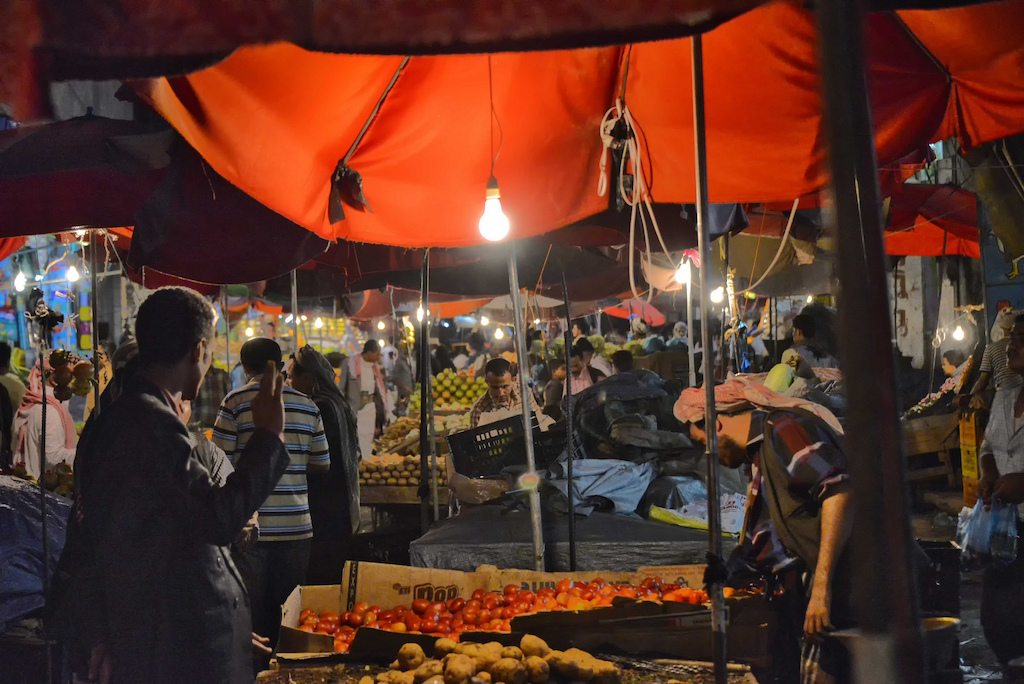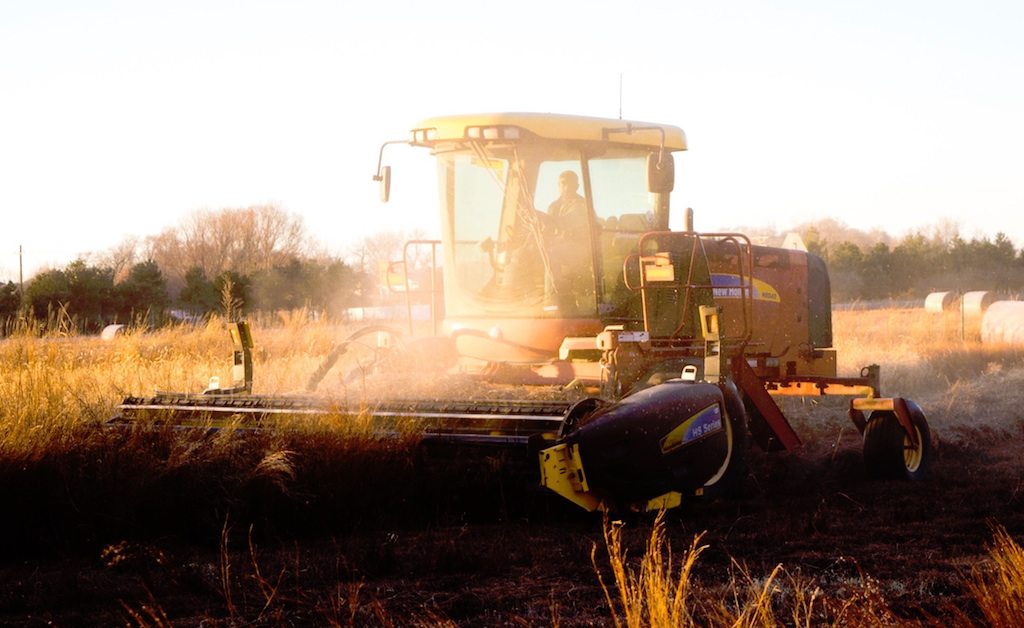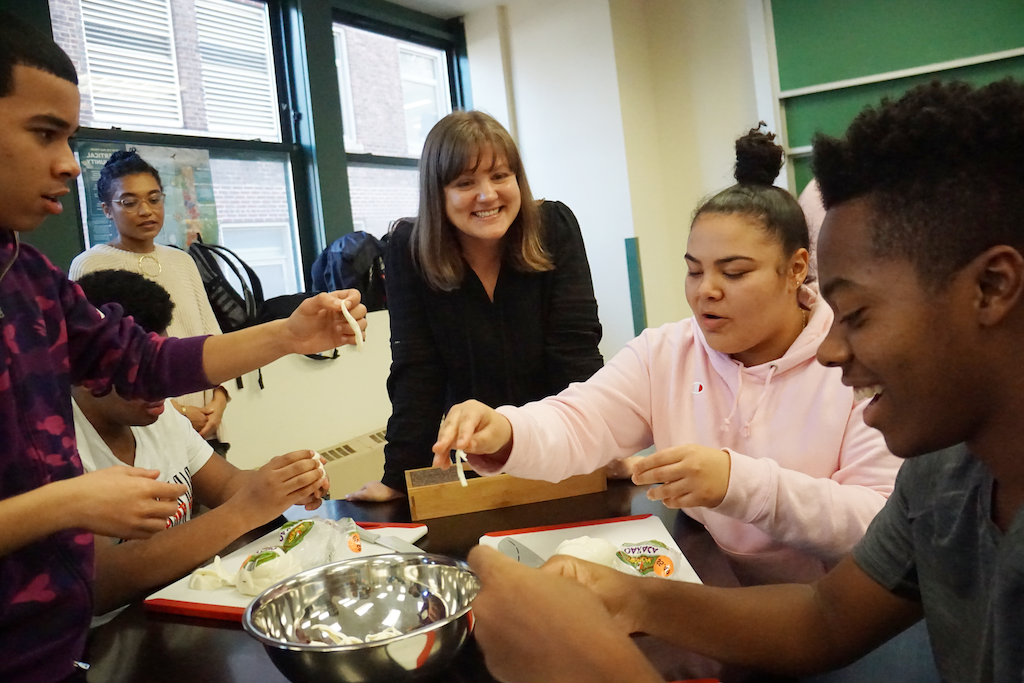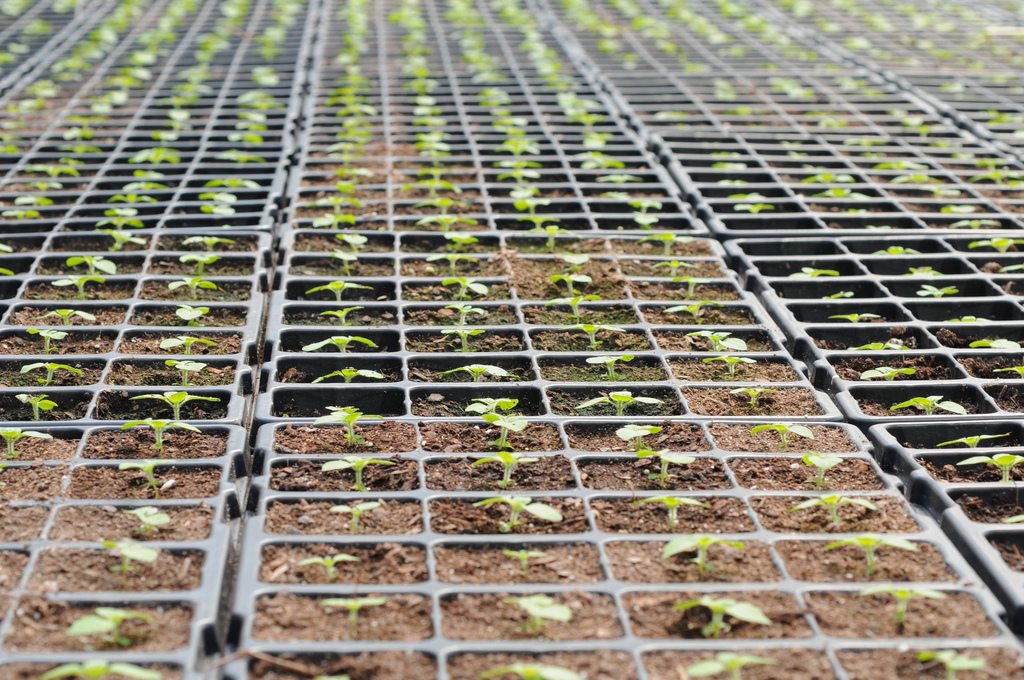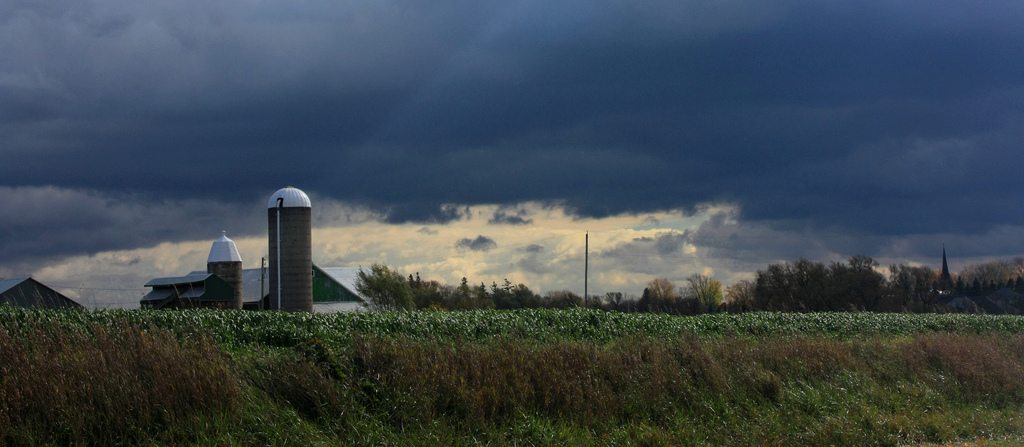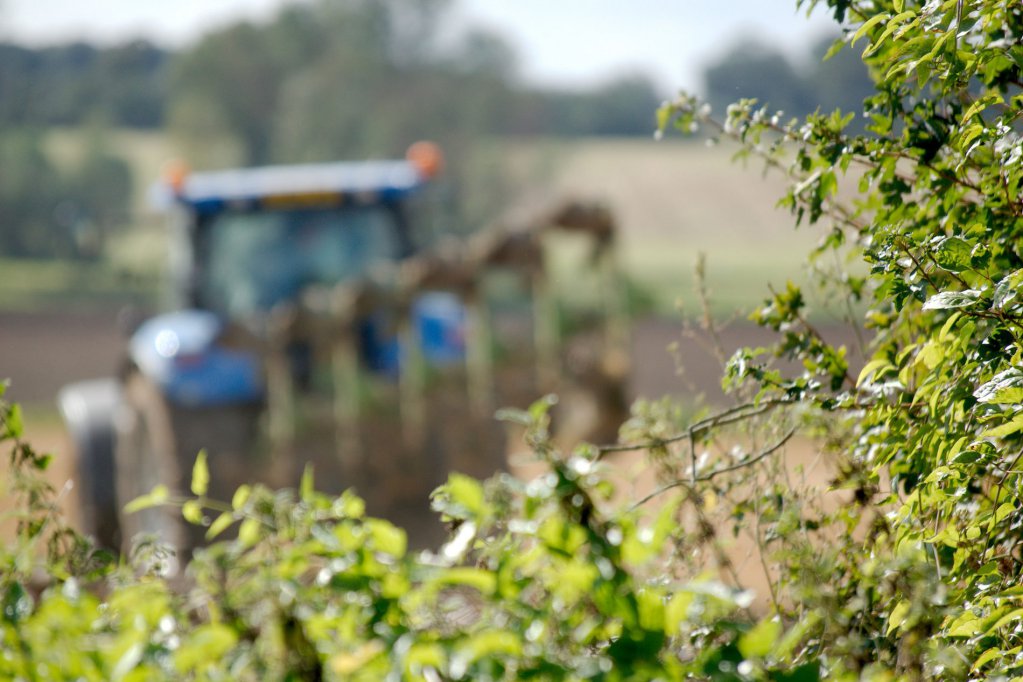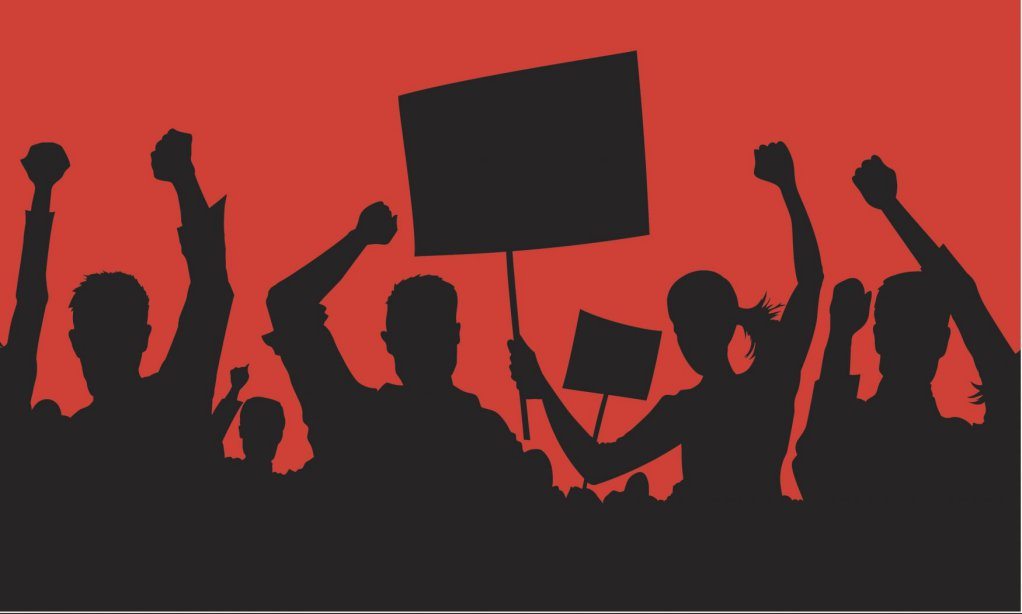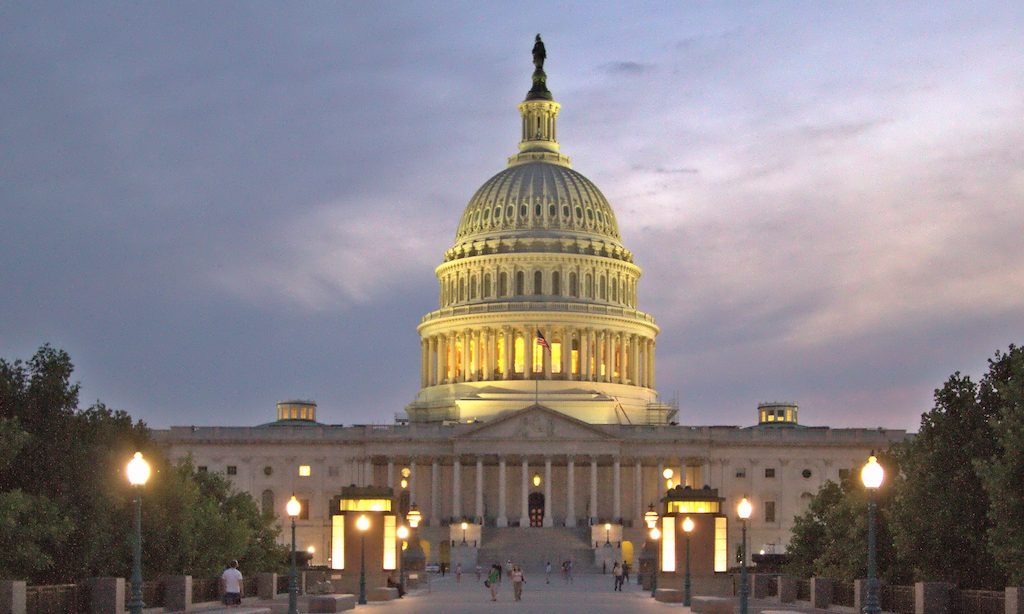A world of food issues. The World Economic Forum in Davos feels oddly timed this year, scheduled as it is during a week when many of us find ourselves driven to distraction by all things local. Nevertheless, for those in the food movement who took a deep breath on November 8th and still have yet to exhale, there is some comfort to be found in the content of its programme. (Note: This may just require widening the aperture again, after two months spent looking through a narrower one.)
Back in early December, our West Coast editor, Dan Mitchell wrote about how, given the incoming president’s seeming apathy toward any tangible food policy agenda (which, to be fair, wasn’t an apathy limited just to Trump), advocates in California had turned their focus back to state and local politics, where legislation from soda taxes to increasing the minimum wage kept food issues on the table.
Sure, redefining “local” for the food movement probably seemed like the right (or only) thing to do during the post-election, what’s-gonna-happen-next-for-
And yes, that is the case even if going all “global food movement” also means celebritarians Shakira and Jamie Oliver will be the ones to deliver key messages around “driving a healthy and sustainable food revolution” and childhood nutrition at the Forum (they are).
If, for whatever reason this week, you want to be reminded there is a food system beyond Pennsylvania Avenue, here are a few Forum panels worth checking out. They run Tuesday through Friday.
- The future of Big Business. Because: Andrew Ross Sorkin.
Okay … and because, according to the panel notes, “fewer than 10% of the world’s public companies account for 80% of all profits.” Which begs the question, “What does operating at this scale mean for competition, collaboration and innovation?” - Press conference: How are leading enterprises creating impact at scale? Because this covers new efforts to eliminate child labor in the supply chain and implement digital payment systems for street vendors, among other developments.
- Strategy Update: The Future of Consumption. Because incoming (and for that matter, outgoing) leaders need to understand the many ways in which feeding ourselves is transforming. And because of food buzzwords, like “tracing,” “supply-side transparency,” and “circular value chains.” But mostly because this panel is linked to an actual initiative.
I propose that, at least for this week, we think locally and globally. And act accordingly.


